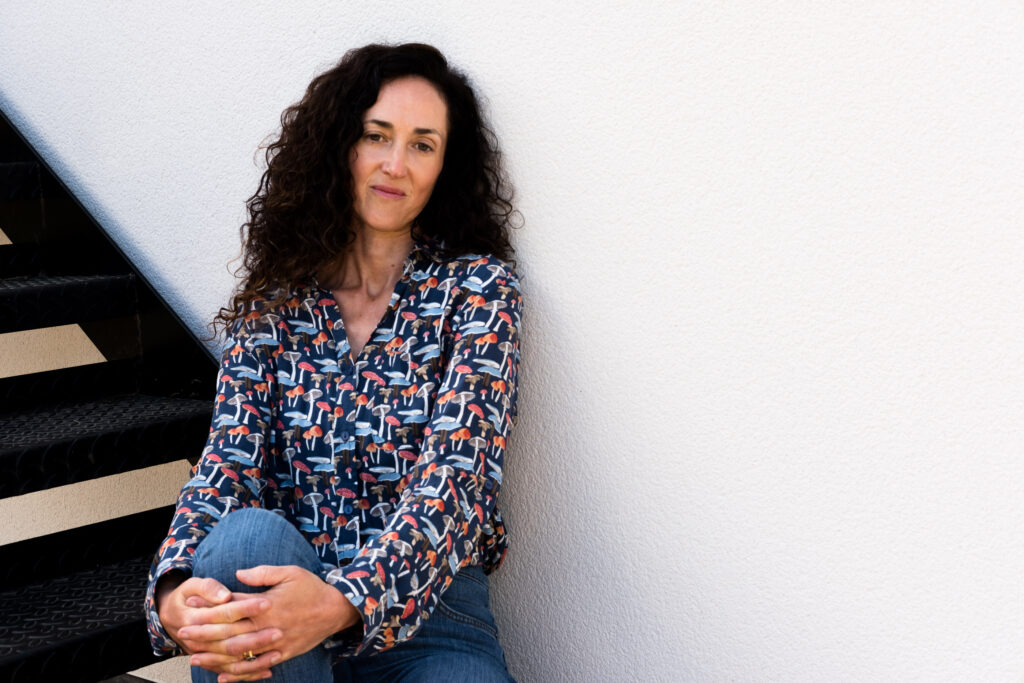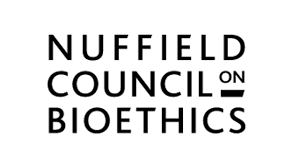Melanie Challenger researches and writes on history of ideas, especially the relationship of humans to the living world.
Biography
Melanie began her career in the creative arts, working in classical music and literature. Her first poetry collection, Galatea, won the 2005 Eric Gregory Award and was shortlisted for the Forward Prize for Best First Collection.
In 2007, she shifted her focus to intellectual history and humanity’s relationship with nature. That year, she received a Darwin Now Award for her research in the Canadian Arctic, followed by an International Fellowship with the British Antarctic Survey for her work on the history of whaling. From 2007 to 2010, she was a Fellow at the AHRC Centre for the Evolution of Cultural Diversity at University College London.
This research led to her first general trade nonfiction book, On Extinction: How We Became Estranged from Nature, published in 2011. The book was named one of Publishers Weekly’s best nonfiction books of 2012 and received the Santa Barbara Library’s Green Award for environmental writing.
“Surely the most poetic book on the environment published this year” (Roger Cox, Scotsman’s Books of the Year).

Prior to this, as part of an interest in literature and arts for social change, she edited Stolen Voices, an anthology of young people’s wartime diaries with Bosnian writer Zlata Filipovic.
More recently, she has focused on bioethics and philosophy of science. She has been a visiting scholar at the Hannah Arendt Center for Politics and the Humanities and a visiting fellow in the Philosophy Department of Durham University. In 2019, she joined the Nuffield Council on Bioethics. She is the current deputy co-chair of the Council, and co-chair of the priority area of environment and health.
In 2023, she became Vice President of the RSPCA. Today, she continues this interest in protecting nature as the co-founder and co-director of Animals in the Room, which designs and evaluates new models for including and representing the interests of non-human life in policy and governance. Alongside scholars Eva Bernet Kempers and Becca Franks, she was part of a team who drafted the first Declaration on Animal Dignity in 2024.
She continues to work in creative fields. She published The Tender Map, illustrated by Rose Ferraby, in 2016. As a librettist, she adapted the Anne Frank diaries for a Grammy-nominated choral work by James Whitbourn. As part of an ongoing collaboration with British composer Mark Simpson, she provided the text for his oratorio, The Immortal, which won the 2016 Sky Arts/South Bank Award for classical music and received its London premiere at the 2017 BBC Proms under Juanjo Mena. Their first opera together, Pleasure, was co-commissioned by Royal Opera House, Opera North and Aldeburgh Music. She and Mark are currently under commission for a new opera for Glyndebourne.
Melanie has written for publications such as New Scientist, The Guardian, Aeon, Nautilus, Emergence, and BBC Science Focus. She participates in documentaries and films, including for the BBC, CBC, Arte, and ZDF, and hosts the podcast series The Psychosphere.
Most recently, she is the author of How to Be Animal: What it means to be human (2021) and the editor of Animal Dignity: Philosophical Reflections on Non-human Existence (2023). She is a 2025 National Geographic Explorer.
Lorem ipsum dolor sit amet, consectetur adipiscing elit. Ut elit tellus, luctus nec ullamcorper mattis, pulvinar dapibus leo.


